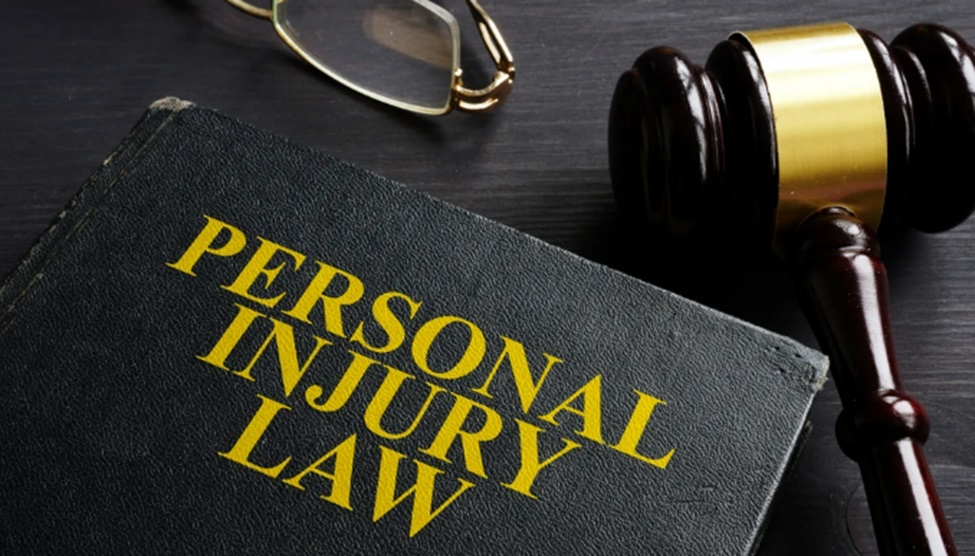A personal injury lawsuit in Florida serves to hold accountable those responsible for causing harm to an individual. Florida law, specifically outlined in Title XLV (Torts) and Chapter 768 (Negligence) of the Florida Statutes, allows injured parties to seek compensation for damages resulting from the actions of others. Torts, civil liabilities for injuries caused by civilians, and negligence, the failure to fulfill a duty leading to severe injuries, are the key concepts guiding personal injury cases in the state.
1. Basic Concepts of Florida Personal Injury Law:
Torts and Negligence:
Torts encompass civil liabilities arising from injuries caused by civilians, even though they are not intentional crimes. Negligence involves the failure to perform a duty, resulting in various damages, not limited to physical injuries but also encompassing emotional distress, lost income, and other enduring consequences.
Definition of a Personal Injury Lawsuit:
A personal injury lawsuit is a legal process designed to bring justice to those responsible for causing serious harm due to their negligent acts. Successful lawsuits result in financial compensation awarded to the injured party for their sustained injuries and associated damages.
3. Key Concepts in Florida Personal Injury Law:
Florida No-Fault Insurance System:
In the context of personal injury claims, particularly in car accident cases, Florida operates under a “No-Fault Insurance System.” For minor vehicle accidents, individuals rely on their insurance to cover injuries and damages, regardless of fault. Serious injuries, such as death, permanent injury, significant disfigurement, or loss, allow the injured party to pursue a personal injury lawsuit.
Product Liability Claims:
This pertains to cases involving defective or dangerous products causing harm to consumers. Manufacturers are held liable for ensuring the safety of their products. Personal injury lawyers in Florida can help individuals pursue claims against manufacturers with sufficient evidence of damages.
Strict Liability for Dog Bites/Attacks:
Florida upholds strict liability for dog bites, holding dog owners responsible regardless of the dog’s past behavior. Compensation for injuries suffered, including medical treatment, is sought from the dog owner. Victim actions are considered, and the state may reduce the owner’s liability if the victim’s actions contributed to the attack.
Florida Comparative Negligence Rules:
Florida follows the comparative negligence rule, where both parties’ contributions to an incident are considered. Compensation is adjusted based on the level of fault attributed to each party. Experienced attorneys use insurance adjusters and expert witnesses to present a fair case for damages in various personal injury cases.
Conclusion
Understanding the intricacies of Florida personal injury law is crucial for individuals seeking justice and compensation for injuries. Consulting with experienced personal injury attorneys ensures a comprehensive approach to navigating the complexities of the legal system and securing fair compensation.
This post was written by Okoye Morgan Jr., a lawyer with extensive knowledge as a personal injury lawyer in Tampa, FL. Okoye is one of the founding partners of The Black Law Company, specializing in personal injury law, trust and estate law, civil litigation law, and criminal defense.
The information provided on this website does not, and is not intended to, constitute legal advice. All information, content, and materials available on this site are for general informational purposes only. Information on this website may not constitute the most up-to-date legal or other information. This website contains links to other third-party websites. Such links are only for the convenience of the reader, user or browser; the ABA and its members do not recommend or endorse the contents of the third-party sites.

